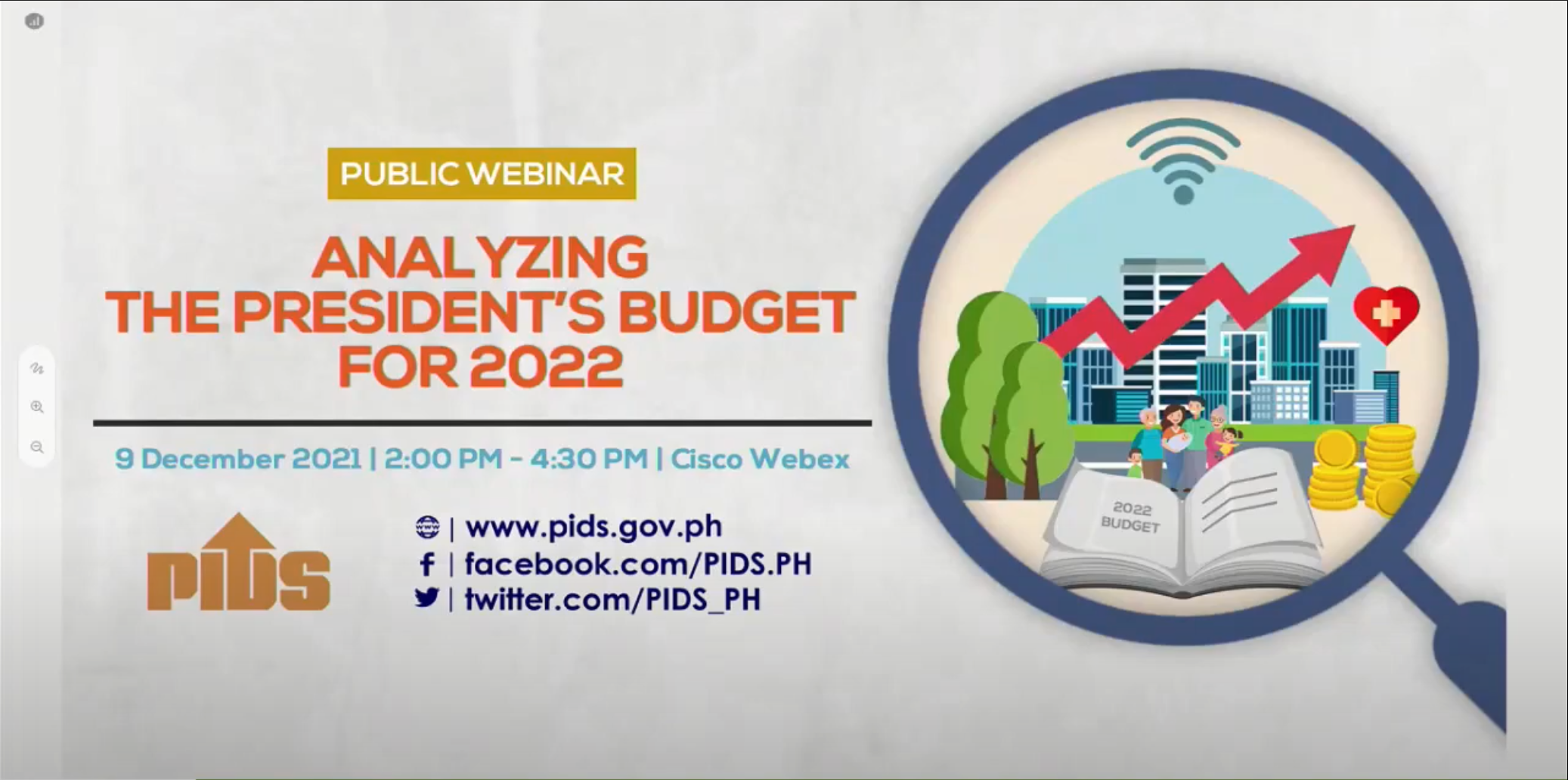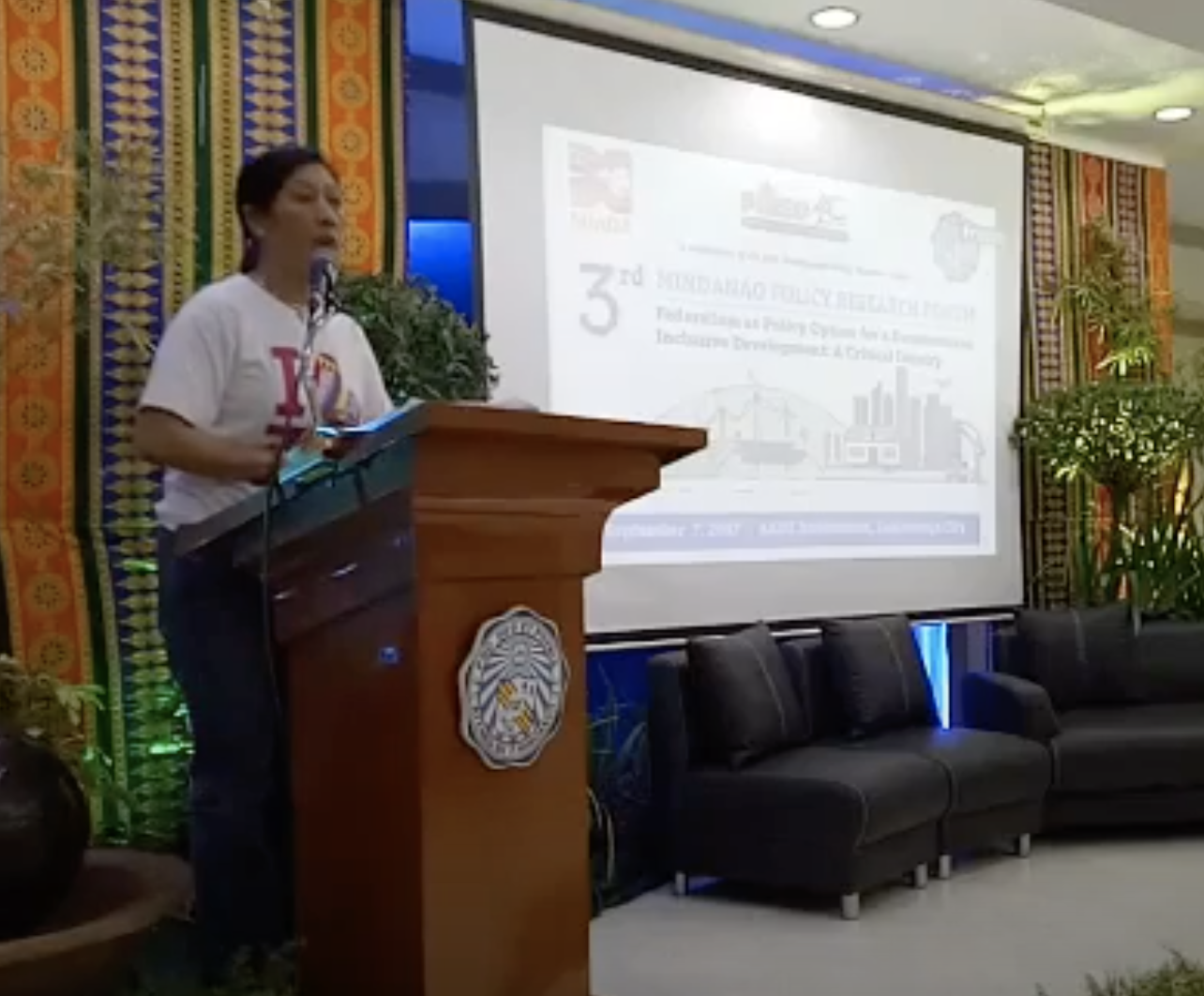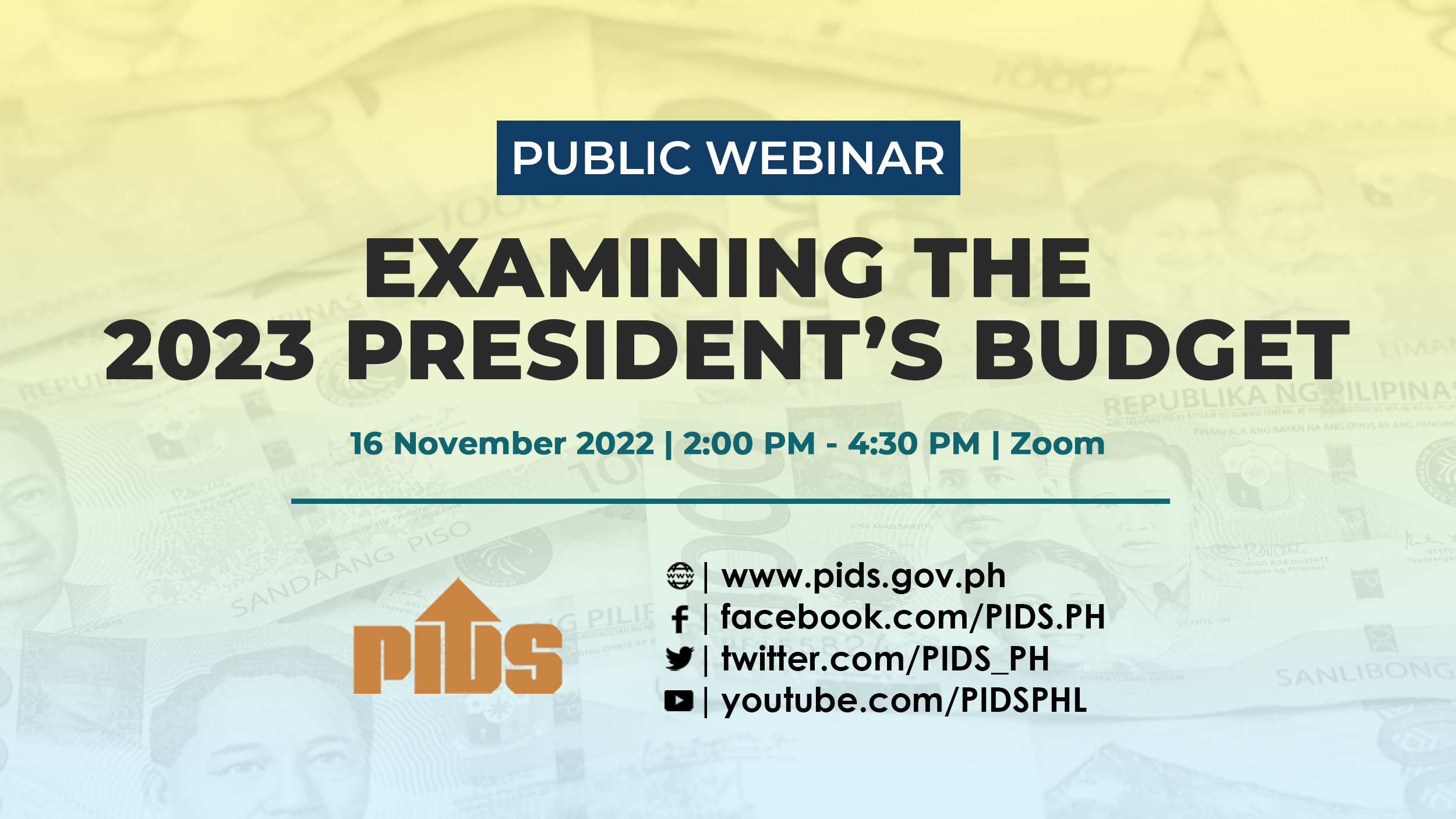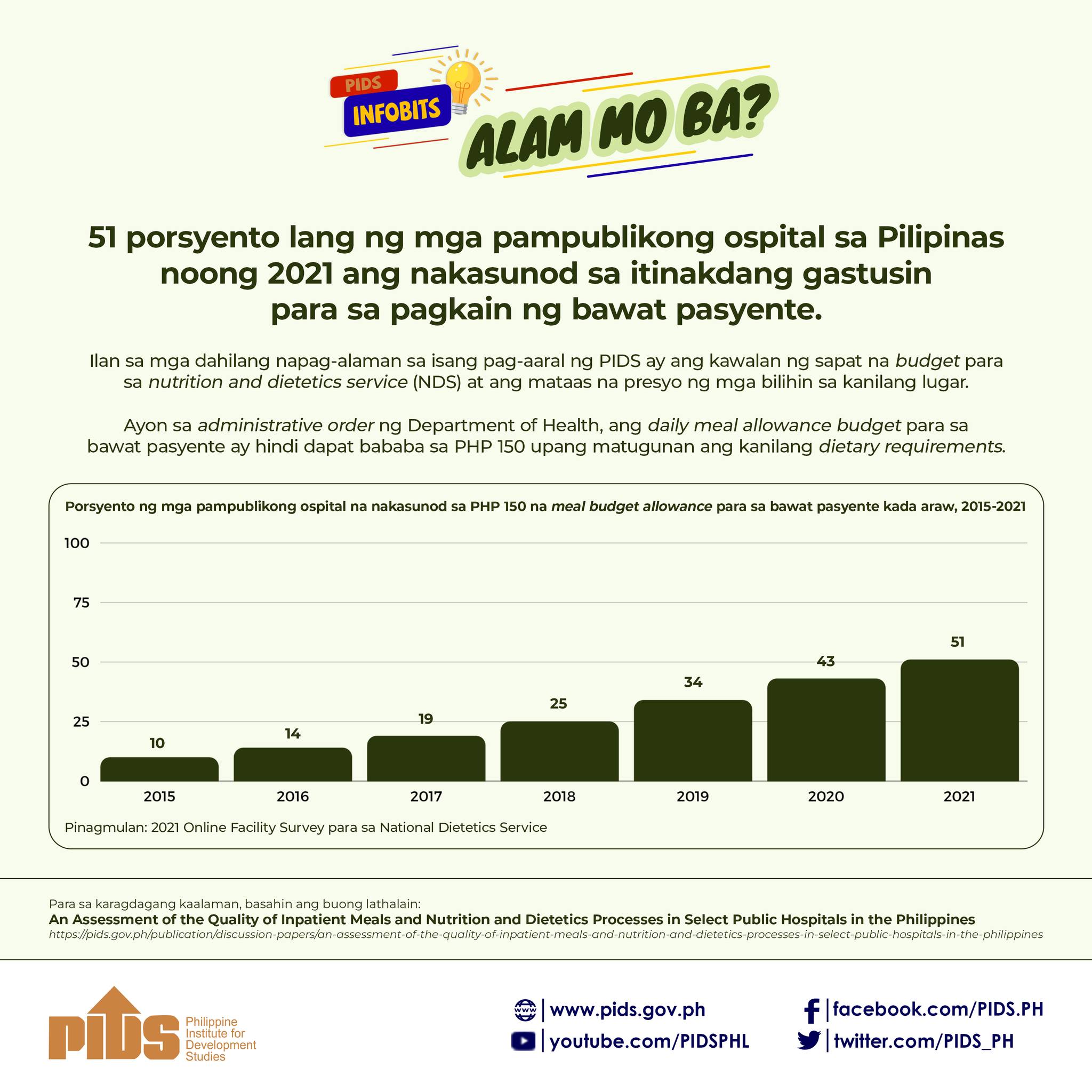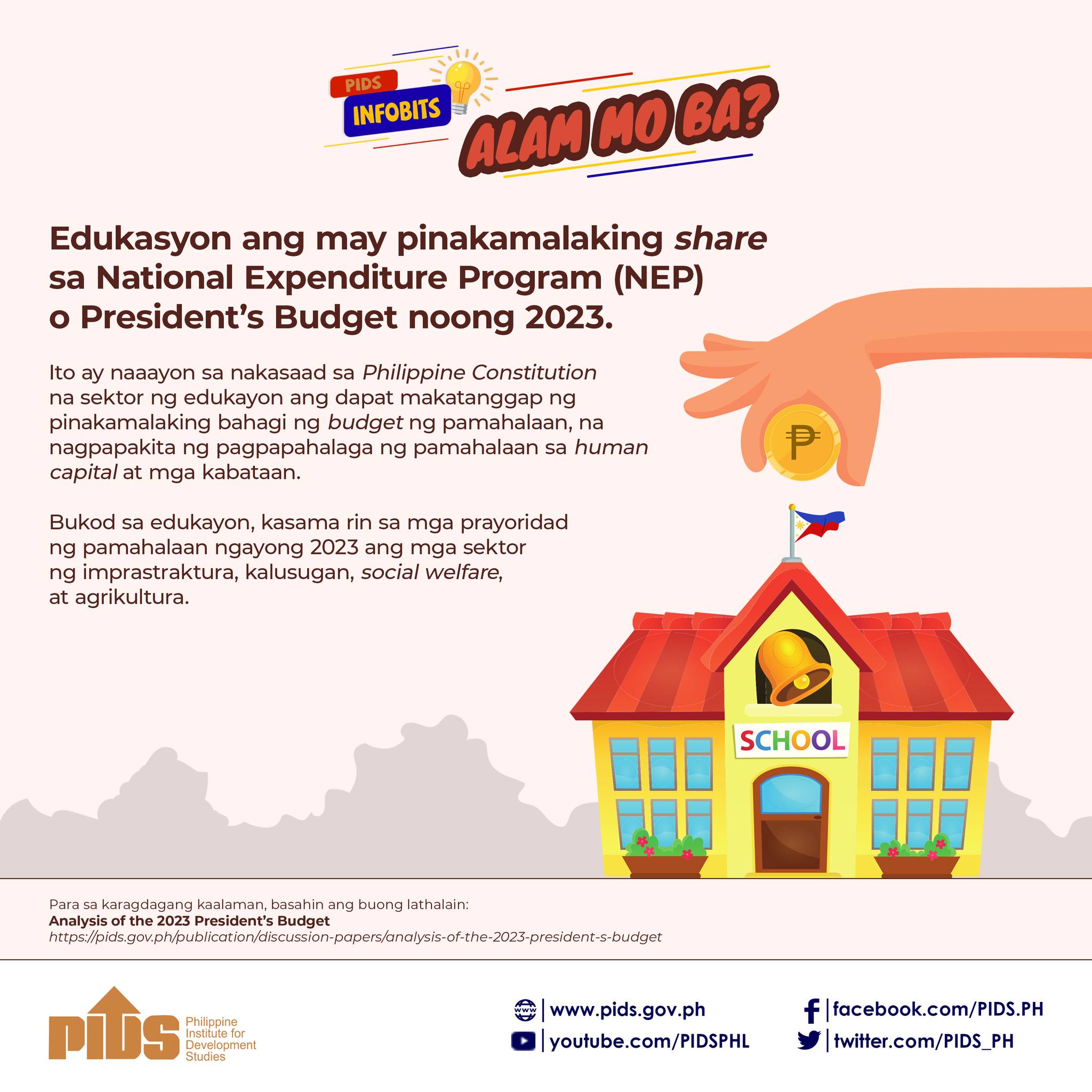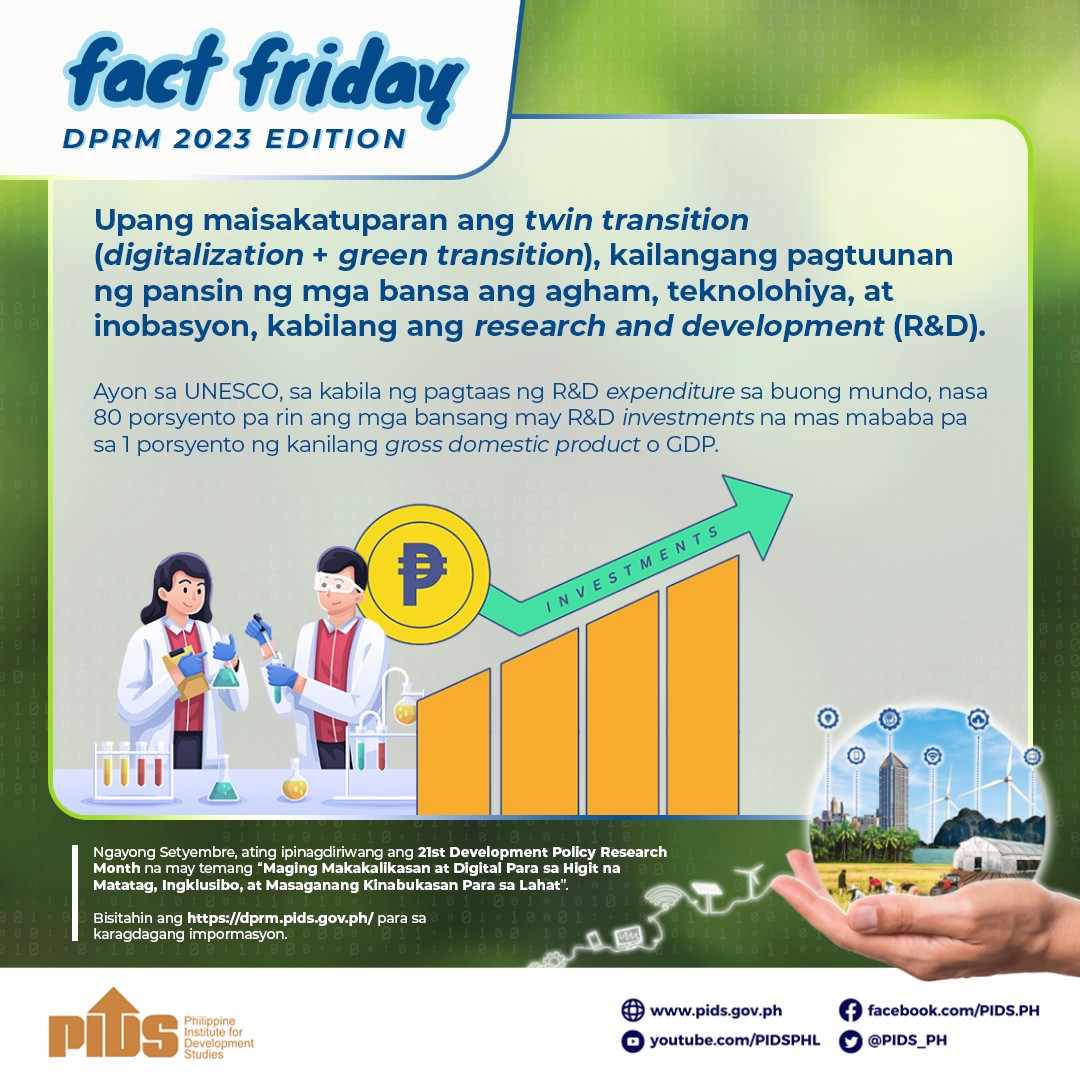To help address jobs-skills mismatch among Technical-Vocational Education and Training (TVET) graduates, Senator Win Gatchalian has proposed a P10 million allocation under the budget of the Technical Education and Skills Development Authority (TESDA) for the development of a skills demand forecasting model or strategy.
The proposed P10 million allocation, which was carried in the Senate's committee report on the 2022 national budget, is appropriated under TESDA's Promotion, Development, Implementation, Monitoring, and Evaluation of Technical Education and Skills Development Scholarships and Student Assistance Programs.
The National Economic and Development Authority (NEDA) and state think tank Philippine Institute for Development Studies (PIDS) will provide technical assistance in developing the forecasting model or strategy.
Using TESDA's Individual Graduate Tracer Surveys for the years 2013, 2014 and 2017, the Asian Development Bank (ADB) estimates that mismatch rates among TVET graduates hover between 60% to 80%. For the year 2017 alone, 70% of the respondents were employed in jobs which were not the occupational expectations of their respective TVET programs.
"I would like to request from TESDA a strategy to address the jobs-training mismatch. This is a cause for concern because we are allocating P14 billion pesos for training but if those being trained will not end up getting a job that they are trained for, then that's a big problem," said Gatchalian during his interpellation on TESDA's 2022 budget.
"We proposed earmarking P10 million to develop a skills demand forecasting model and this is to address the mismatch. I would like to request TESDA to take a look at this P10 million and see how to operationalize this," he added.
Gatchalian has also urged TESDA to increase enrollment in enterprise-based TVET programs, which accounted for only 4% of total enrollment from 2014-2020. Enterprise-based TVET programs, which are conducted within companies, offer an edge because they align with Industry 4.0, as well as rapidly evolving workplace and workshop needs, said the ADB.
# # #
_____________________________________________________________
Gatchalian nagpanukala ng pondo sa TESDA para tugunan ang jobs-skills mismatch
Upang matugunan ang jobs-skills mismatch sa mga nagtapos ng Technical-Vocational Education and Training (TVET), ipinanukala ni Senador Win Gatchalian ang paglalaan ng sampung milyong pisong pondo sa budget ng Technical Education and Skills Development Authority (TESDA) para sa paglikha ng skills demand forecasting model o strategy.
Nakalaan ang panukalang pondo sa ilalim ng Promotion, Development, Implementation, Monitoring, and Evaluation of Technical Education and Skills Development Scholarships and Student Assistance Programs ng ahensya. Ang panukalang ito ni Gatchalian ay naging bahagi ng committee report ng Senado sa panukalang 2022 national budget.
Sa ilalim ng panukala ni Gatchalian, ang National Economic and Development Authority (NEDA) at Philippine Institute for Development Studies (PIDS) ang magbibigay ng technical assistance sa paglikha ng forecasting model o strategy.
Gamit ang mga Individual Graduate Tracer Survey ng TESDA noong 2013, 2014, at 2017, tinataya ng Asian Development Bank na pumapalo sa 60 hanggang 80 porsyento ang mismatch rates sa mga TVET graduates. Para sa taong 2017, 70 porsyento ng mga kalahok sa ginawang pag-aaral ay nakakuha ng mga trabahong hindi angkop sa mga tinapos nilang programa.
"Nais kong malaman mula sa TESDA kung ano ang estratehiya nila upang tugunan ang jobs-training mismatch. Nakakabahala ito dahil maglalaan tayo ng labing-apat na bilyong piso para sa training. Ngunit kung ang mga dumadaan sa training ay makakakuha ng trabaho na hindi akma sa naging training nila, isang malaking problema yan," ani Gatchalian.
"Ipinanukala natin ang paglalaan ng sampung milyong piso para sa paglikha ng skills demand forecasting model at para tugunan 'ayung mismatch. Hinihimok natin ang TESDA na pag-aralan kung paano magagamit nang husto ang sampung milyong pisong pondong ito," dagdag pa ng senador.
Hinimok din ni Gatchalian ang TESDA na pataasin ang bilang ng mga mag-aaral sa enterprise-based TVET programs na isinasagawa sa loob ng mga kumpanya. Kung titignan ang enrollment mula 2014 hanggang 2020, apat na porsyento lamang ng mga mag-aaral ang nasa enterprise-based TVET programs.
Ayon sa ADB malaki ang maaaring maitulong ng enterprise-based TVET programs dahil sumasabay ang mga ito sa Industry 4.0 at sa mga patuloy na pagbabago sa mga industriya.
# # #
Gatchalian proposes P10M in TESDA budget to help address jobs-skills mismatch







